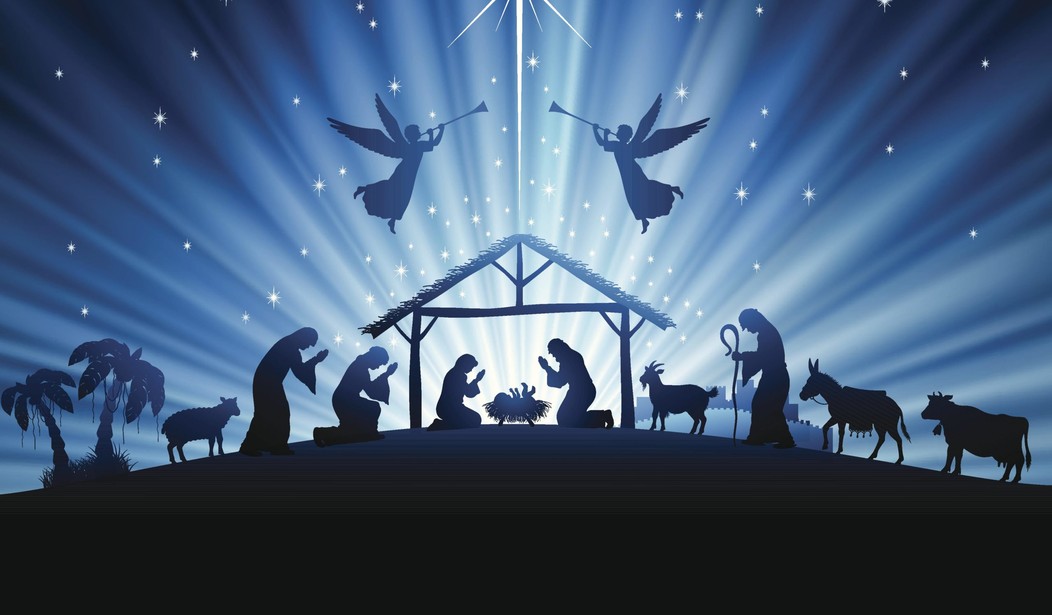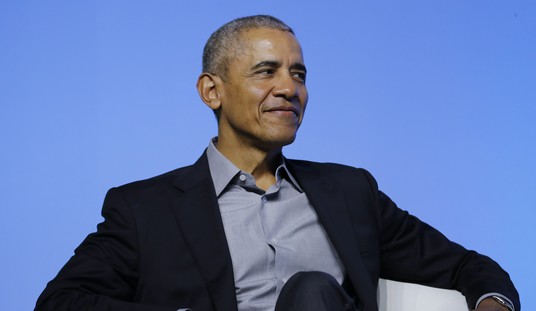How many Christians don’t believe the first Christmas actually happened? A recent survey suggested more and more believers — especially in mainline Protestant denominations — disbelieve the Bible’s version of events surrounding Jesus’ birth.
According to the Bible, Jesus was born of a virgin (Matthew 1:18-25), angels announced His birth to shepherds (Guke 2:8-12), wise men guided by a star brought gifts to Jesus (Matthew 2:1-12), and Jesus was laid in a manger (Luke 2:7). While not all of the gospel accounts recount all of these events, each of these four aspects of Christmas clearly emerge from the Bible’s narrative and none of them conflict with one another.
Even so, fewer American Christians today believe these events actually happened, according to a recent Pew Research Center survey. While 81 percent of Christians said they believed all four elements of the story in 2014, this year that number had dropped to 76 percent. While this is barely more than the margin of error, it still represents a surprising shift in just three years.
Among white mainline Protestants, however, the number dropped even further. In 2014, nearly three-quarters of mainliners (72 percent) said they believed in all four aspects of the story. This year, only 59 percent said they believed in the Bible’s presentation of Christmas.
That’s a 13 percent drop, in the span of three years! During the same period, 11 percent more mainliners said they believed “some” aspects of the Bible’s account, but not “others.”
Most specifically, white mainline Protestants have drifted away from believing in Jesus’ Virgin Birth. In 2014, a full 83 percent said they believed this actually happened. This year, that number dropped to 71 percent.
Mainliners have also distanced themselves from the story of the wise men (from 81 percent in 2014 to 74 percent this year) and the story of Jesus being laid in a manger (87 percent in 2014 to 81 percent this year). While fewer said they believed in the angel’s announcement to the shepherds (80 percent in 2014 and 77 percent this year), that difference fell roughly within the margin of error.
Mainliners are also a full 17 percent less likely than Christians overall to believe all four of these miracles actually happened.
White evangelical Protestants, by contrast, overwhelmingly believe the Bible’s account, and slightly more said they did this year (91 percent) than in 2014 (90 percent). White evangelicals firmly assented to each doctrine: 95 percent to the Virgin Birth, 97 percent to the angel’s announcement, 95 percent to the story of the wise men, and 98 percent to Jesus’ being laid in a manger.
A full 83 percent of black Protestants said they believe all four aspects of the Bible story took place. Nearly nine-in-ten believe in the Virgin Birth (96 percent), the angel announcement (91 percent), the wise men story (90 percent) and the manger (88 percent).
Roman Catholics were also more likely than mainline Protestants to accept the historicity of the Bible story (71 percent), although more Catholics believed it in 2014 (76 percent). More than four-fifths of Roman Catholics assented to each doctrine: the Virgin Birth (83 percent), the angel (82 percent), the wise men (80 percent), and the manger (87 percent).
Even the unaffiliated, perhaps better known as “nones,” shifted their beliefs about the Bible’s version of Christmas less than did mainline Protestants. In 2014, 21 percent of “nones” accepted all four aspects of the story, while 11 percent did so this year. More than half (53 percent) do not believe any of the four elements of the story.
Perhaps unsurprisingly, “nones” find the Virgin Birth hardest to believe (only 17 percent said it happened), and the angel also inspired a great deal of doubt (only 20 percent said they believed the angel spoke to the shepherds). By contrast, 41 percent agreed that Jesus likely was born in a manger.
Every Christian group had fewer than ten percent saying not one of the Bible’s four parts of the story took place — except white mainline Protestants. Mainliners are about equally likely (31 percent) as “nones” (36 percent) to believe some parts of the story, but not all of it.
Overall, 57 percent of Americans said they believe all four aspects of the tale, only 2 percent less than the mainliners (59 percent) who accepted them.
In recent decades, mainline denominations have drifted further to the Left in many ways — emphasizing identity politics, social justice, and even LGBT ideas in contradiction to the Bible. This had led Anglicans to advocate a Reformation-style change in the Church of England, based on a return to the Bible. In this context, the doubts about the Bible’s account of Christmas make sense.
Even so, most mainline Protestants still said they celebrate Christmas as a religious holiday (66 percent), and more mainliners plan to attend religious services this year (57 percent) than they did in 2013 (47 percent). That said, they were the least likely Christian group to plan for church during the holiday.
For Christians, Christmas does not just celebrate the birth of a great moral teacher, but the birth of the Son of God. The miracle of God becoming flesh is known as the Incarnation, and it is central to Christian theology, as only God could atone for the sin of every person who believes in Him.
The historicity of these miracles around Christmas may not seem vitally important, but the decreasing faith suggests two separate issues. First, it supports the idea that mainline Protestants are rejecting the authority of the Bible in other areas, like LGBT issues. Perhaps more importantly, it suggests that mainliners might doubt Jesus’ divinity.
It is possible to interpret parts of the Bible in various ways while still being a Christian. Even early church leaders like St. Augustine doubted the creation of the world in six calendar days (as some have read Genesis 1 to say), for instance. Even Christians who did not accept the view of 6 24-hour creation days still affirmed that God created the universe out of nothing, however. They did not — and modern Christians who accept evolution do not — diminish the spiritual doctrine of God’s creation.
But the gospels are not Genesis. The gospels were written in the late first century (before 70 A.D., because they do not mention the destruction of the Temple in Jerusalem), and the first available manuscripts of them date back to the second century. They are written to read as history, with careful attention to detail and mentioning specific people (like the sons of Simon of Cyrene, for instance) who could verify their accuracy.
It may be possible to doubt one or more aspects of the Bible’s Christmas story and be a Christian, but that is very dangerous ground to stand on. If the gospels are not reliable on Jesus’ birth, why would they be reliable on His Resurrection? Christianity hinges on the historicity of Jesus, and especially the Resurrection (1 Corinthians 15:14).
As more mainline Protestants doubt the miracles around Jesus’ birth, they may grow to doubt the Resurrection. If so-called Christians do not believe that Jesus is God, that He was born of a virgin, and that He rose from the dead, they are not Christian at all.
This data suggests mainline Protestants are slipping away from the Bible and from Christianity itself, on the historicity of Christmas and likely on other issues as well. It is vitally important for them to turn to 2 Timothy 3:16, “All scripture is breathed out by God and profitable for teaching, for reproof, for correction, and for training in righteousness.”









Join the conversation as a VIP Member